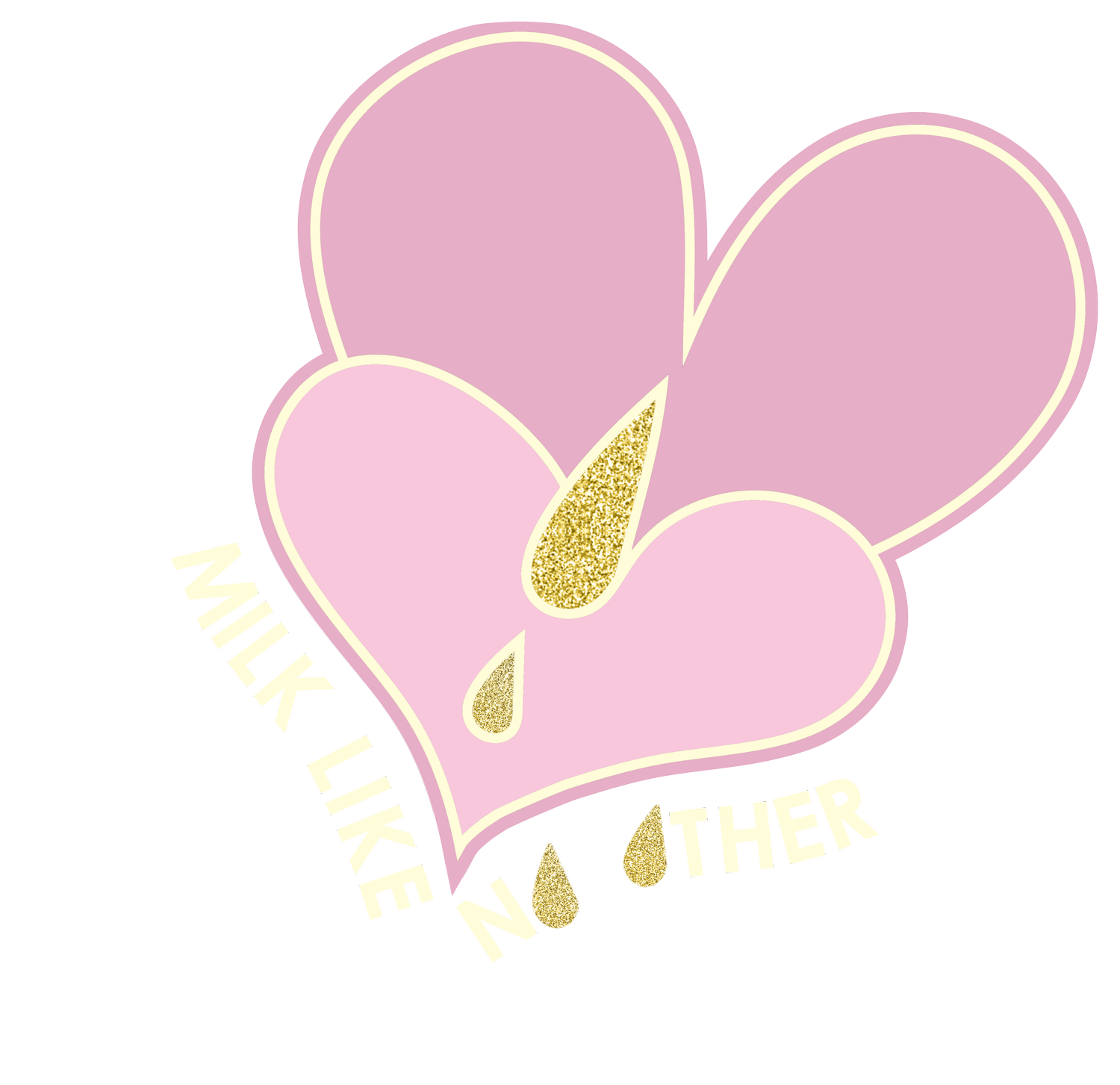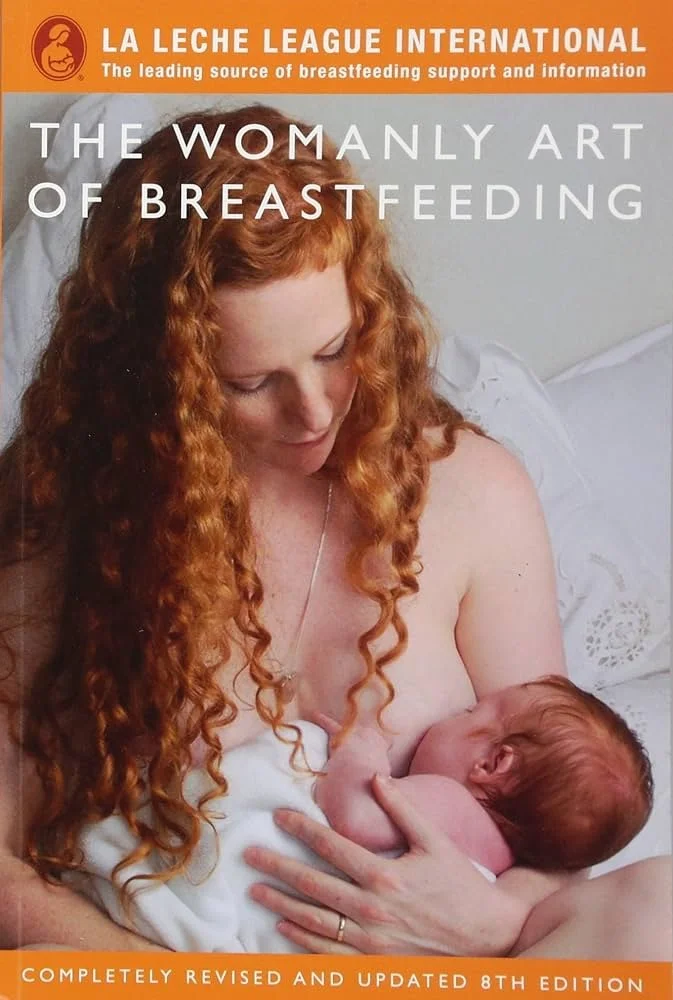Breastfeeding London Course - Assignment
By Agi Alexander, 2018
The topic chosen as a focal point from Chapter 2 is that humans belong to the class Mammalia, and are mammals. Perhaps if we were to associate ourselves with this simple fact more regularly, we may; beyond the acknowledgment that we have breasts, help to encourage more behaviours in our hospitals etc. that not only initiate but also maintain (skin to skin, bathing, breastfeeding, close contact, holding, carrying, napping and sleeping, human touch) the breastfeeding relationship between mother and baby.
This assignment, through composed lyrics to a well known song and a description beforehand, will look at the behaviours that make humans mammals, how the act of breastfeeding plays a huge role in these behaviours, how these behaviours are being sabotaged by aggressive political and corporate influence through the promotion of artificial formula for infant use and its devastating impact on the health of the population on a global scale. In conclusion, descriptions about what would help breastfeeding rates to increase and to be sustained will be suggested.
It appears to be the same mammalian behaviours that not only start but also keep the breastfeeding relationship successful. Dr Nils Bergman, founder of Kangaroo Mother Care - KMC(1) has contributed to our understanding of these behaviours.
KMC consists of three crucial parts; skin to skin, exclusive breastfeeding and supporting the dyad. Supporting the dyad means not separating mother and baby and keeping them close. Images such as the one below (Wiessinger et al., 2010) (2) of a breastfeeding dyad illustrates the physicality and proximity required for the act of breastfeeding.
If separation occurs, Bergman (2011) states that it causes great stress to the newborn “maternal separation may be a stressor the human neonate is not well-evolved to cope with and may not be benign.” (3) Early infant and mother closeness, easily demonstrated by the bond that forms during breastfeeding, plays a crucial part in the later development of the infant’s ability to form its own relationships with others.
Psychologist, John Bowlby, has done a lot of work to demonstrate this correlation. In his foreword to describe Bowlby’s efforts to understand human attachment, Stephen Mitchell (1999) states “despite our difficulties as a society in investing the resources necessary for psychologically healthy child- development, we have come to take as axiomatic the principle of "bonding" between parents and children and the importance of emotional warmth and security in caregiving. Bowlby's work was central to this enriched understanding,” Bowlby (1973, p.8) (4).
Breastfeeding for human mammals is going out of fashion and has the potential to become all together extinct. For example, Clifford (2007) states that in the Philippines breastfeeding seems to be all but eradicated, “breastfeeding by Filipino mothers seems to be an outdated practice, almost extinct.” (5) Furthermore, it is estimated by UNICEF that “20% of infant deaths in the Philippines are related to bottle feeding, while the WHO estimates that 16,000 children under 5 die each year in the Philippines as they are not adequately fed.”
If we are to start to make a change to the Western infant feeding behaviours awareness needs to be raised about the health risks of alternative milk substitutes, the financial profit and politics via the aggressive promotion and marketing of these products and the global health concern surrounding it. Global breastfeeding campaigns may be necessary. In the UK, breastfeeding charity The Association of Breastfeeding Mothers (ABM) (6), is starting to make more breastfeeding campaigns.
In 2018, the #FeedMe campaign in London was created to help promote and normalise breastfeeding in public. Currently, the ABM is raising funds to cast the breastfeeding campaign net wider to include six different cities in the UK, known as #FeeOn. Barrow “has the lowest rate of breastfeeding in Cumbria, and is among the worst five places in the country,” (7). According to The Lancet (2016), the UK has the lowest breastfeeding rates in the world whereby only 0.5% of mothers are breastfeeding past 12 months (8).
More crucially perhaps, it is the provision of “timely and skilled support” Riordan, (p.15. 2015) to new mothers to help them to feel confident to not only initiate but to continue to breastfeed that may in turn, and with time, reverse the trends and make breastfeeding the norm again.
A song composed to the tune of John Lennon’s “Imagine”, entitled Mammals.
Mammals
Imagine no breastfeeding
A heartbreak for the human race
Infant milk to replace it (9)
Promoted with aggression
Imagine no more breastmilk, for infants of today
Food
Imagine we are mammals
It isn’t hard to do
We have breasts for great purpose
To nurse our newborn mammals
Imagine this was the norm, as recent as world war two
Food
We may not think that we are mammals
But this fact will always be
“Babies thrive when kept close” to their mamma (10)
“Helps with their breathing and their heart rate” (11)
Imagine frequent “skin to skin” (12)
The “warmth of their mother’s touch” (13)
No need for separation or hunger
Getting breastfeeding off to a strong start
Imagine all new mothers, giving their breast milk
Food
We may not think that we are mammals
But this fact will always be
Babies thrive when kept close to their mamma
Helps with their breathing and their heart beat
REFERENCES
1/ Kangaroo Mother Care. (2019). http://kangaroomothercare.com
2/ Wiessinger, D., West, D., & Pitman, T. (2010). The Womanly Art of Breastfeeding. La Leche League International.
3/ Barak E. Morgan, Alan R. Horn, and Nils J. Bergman (2011). Should Neonates sleep alone? Article published in Biological Psychiatry November 2011.
4/ Bowlby, J. (1973). Attachment and Loss. Volume 2. Separation Anxiety and Anger. The Tavistock Institute of Human Relations
5/ Is Breastfeeding heading for extinction in the Philippines? (2019) https://foreignpolicyblogs.com/2007/07/29/is-breastfeeding-becoming-extinct-in-the-philippines/
6/ The Association Of Breastfeeding Mothers. (2019). https://abm.me.uk/about-the-abm/
7/ New Barrow mothers urged to breastfeed as figures show rate among lowest in country. (2019). https://www.nwemail.co.uk/news/barrow/16455320.new-barrow-mothers-urged-to-breastfeed-as-figures-show-rate-among-lowest-in-country/
8/ Breastfeeding in the 21st century. (2019). https://www.thelancet.com/action/showPdf?pii=S0140-6736%2816%2930534-7
9/ Infant milks in the UK. (2018). A practical guide for health professionals.
10/ Moore, E., Anderson, G., Bergman, N., and Dowswell T (2010). Early skin-to-skin contact for mothers and their healthy newborn infants. https://www.ncbi.nlm.nih.gov/pmc/articles/PMC3979156/
11/ Unicef. The Bab Friendly Initiative. (2018) https://www.unicef.org.uk/babyfriendly/baby-friendly-resources/implementing-standards-resources/skin-to-skin-contact/
12/ Skin to Skin (2018). Dr Nils Bergman http://www.skintoskincontact.com/ssc-breastfeeding/
13/ Stadlen, Naomi. (2011). How Mother’s Love: and how relationships are born. Chapter 4. Piatkus.


